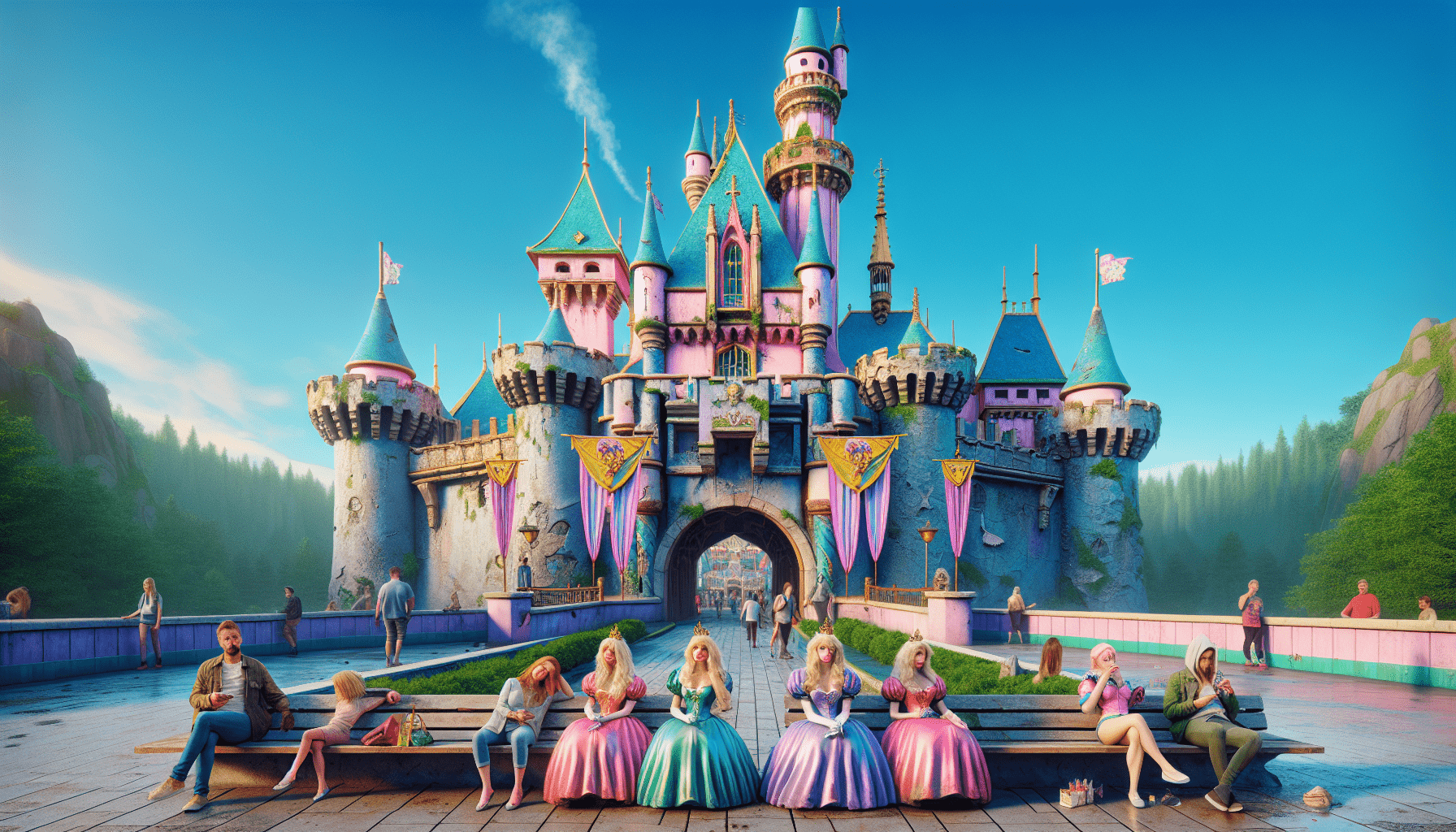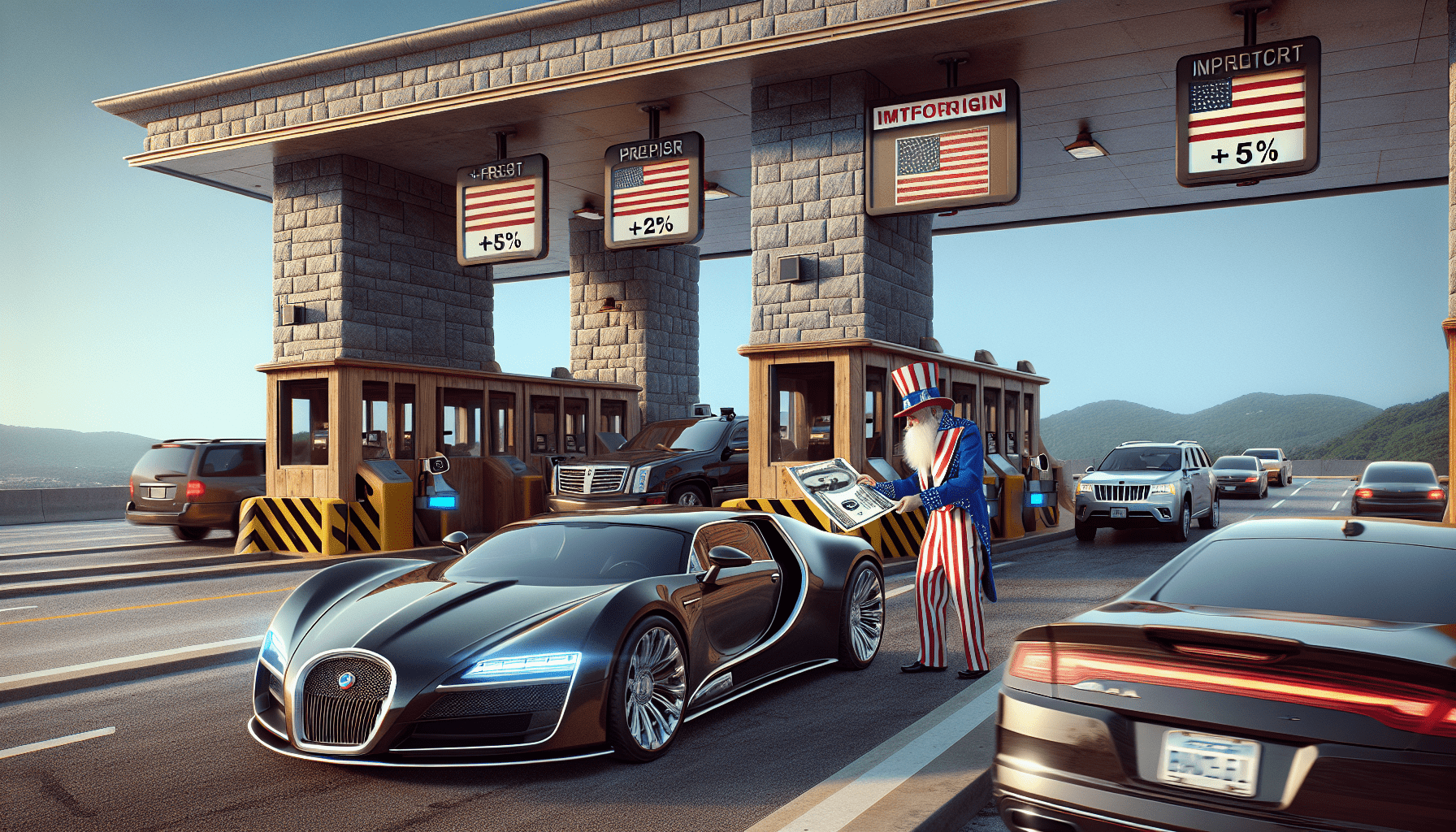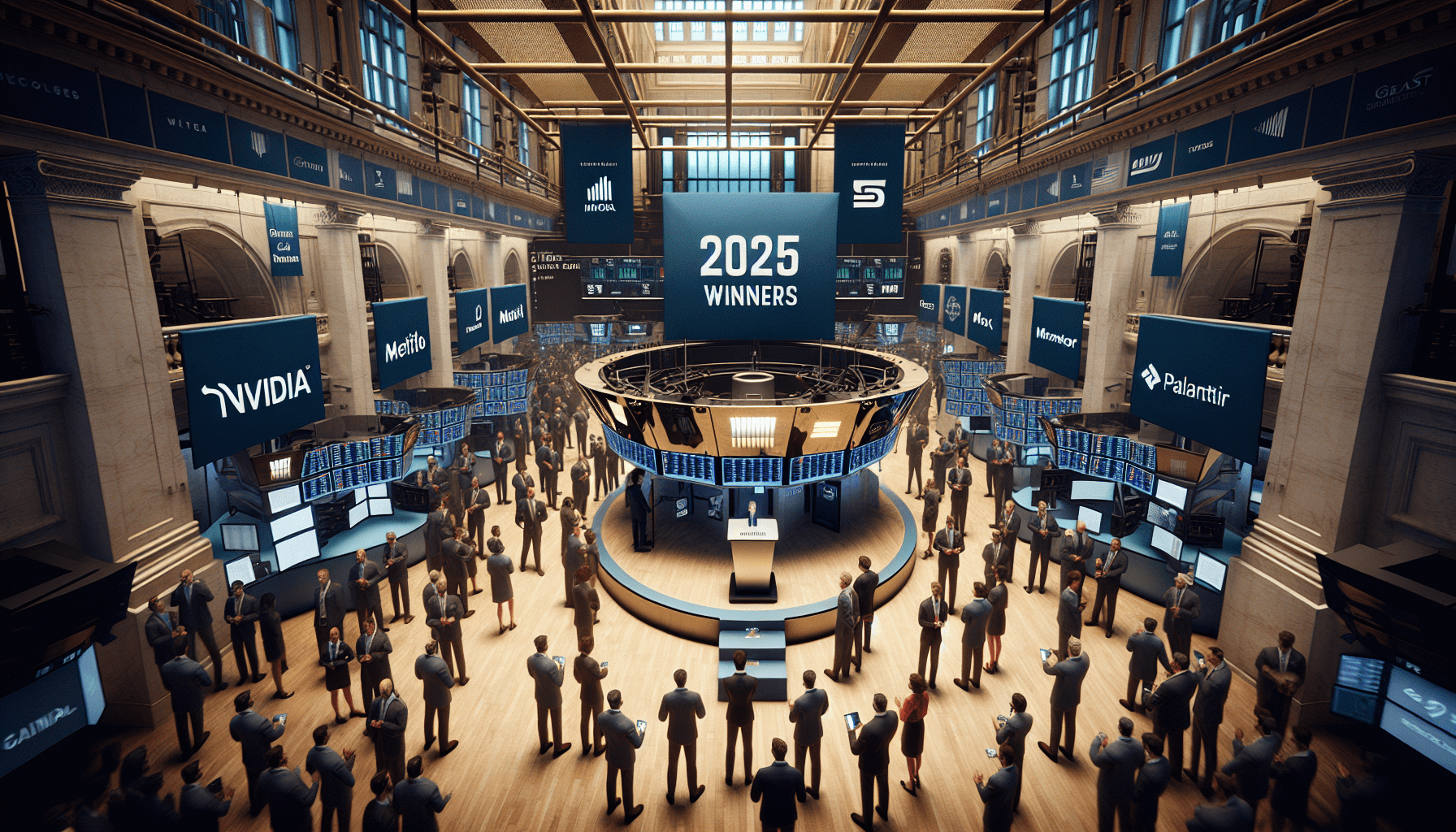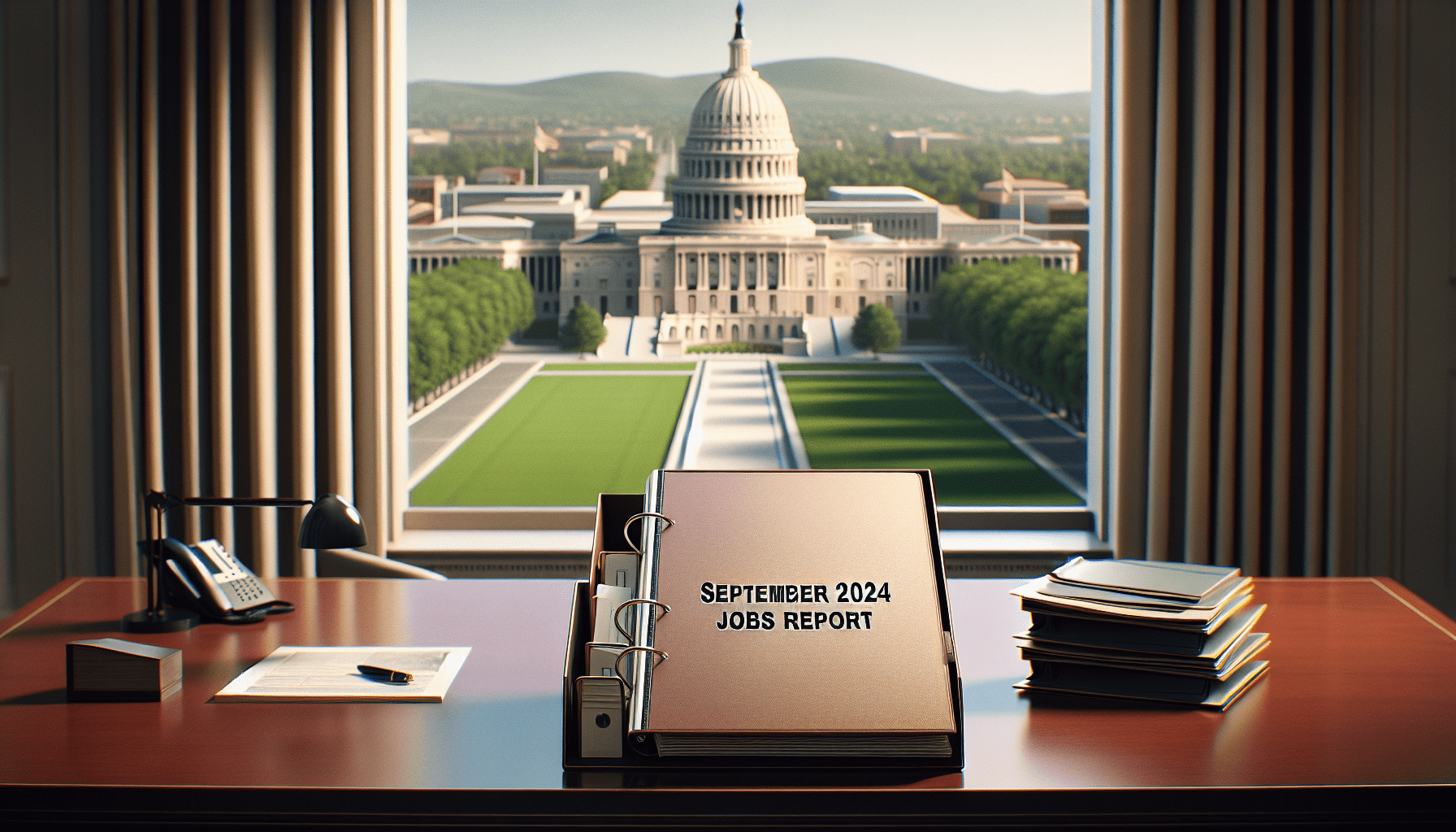Tainted Love: Like its Stock Price, Disney’s Brand Value Has Seen Better Decades
America’s relationship with the House of Mouse just isn’t what it used to be

- After 20 straight years as the top-ranked media and entertainment company in a Fortune magazine survey of executives, Disney plunged to fourth place this year.
- Disney’s brand value is faring about as well as the average company, but it’s still moving in the wrong direction.
- Companies that form partnerships with Disney have accused it of trying to bully them into accepting bundled combinations of channels and streaming services that customers don’t necessarily want.
America’s love affair with Mickey Mouse and his employer seems to be turning sour. If you don’t believe something’s awry, consider the price of stock in The Walt Disney Company (DIS).
A share in the century-old media and entertainment titan cost $93.58 at yesterday’s closing bell, down nearly 29% from five years ago. Now, compare that with the S&P 500, which has soared more than 90% during the same time frame.
And to make matters worse, the StatMuse website ranks Disney as the Dow Jones Industrial Average’s second-worst performing stock of the last 10 years. Its return was just 12.6%, and only Intel (INTC) turned in a more disappointing performance, posting a return of -19.8%. During this same period the DJIA index skyrocketed 282%.
So, what’s happened to the company that spreads happiness and makes fantasy tangible? Well, talk to the irate consumers who view Disney theme parks as the biggest tourist rip-off in the nation. That’s saying a lot, but there’s more.
Business leaders are tracking Disney’s increasing unpopularity and pondering its plummeting brand value. The company fell from from the pinnacle of the entertainment world this year after two decades on top.
Meanwhile, companies that form partnerships with Disney have accused it of trying to bully them into accepting bundled combinations of channels and streaming services that customers don’t necessarily want.
In addition, the company’s stand in favor of LGBTQ rights in Florida last year has been particularly damaging because it enraged and polarized a significant portion of the company’s clientele.
So, where do we begin? Let’s start with complaints about the parks pricing themselves out of reach.
Angry tourists
Visitors may find Disney’s theme parks charming, but they’re often offended by the high prices. Basic admission to Disney World can cost more than $100 a day. A frugal family of four can expect to spend $6,000 for a seven-night sojourn there, and big spenders can easily wind up shelling out $15,000 for a deluxe week, the nerdwallet website says.
Those dizzying outlays of cash probably help explain why survey respondents chose Disney World as the biggest rip-off among Florida tourist attractions and Disneyland as the biggest rip-off among California tourist spots. That’s what Casino.org, a website covering the gambling industry, found when it surveyed 5,000 consumers.
Even more telling, the survey participants picked Disney World as the No. 1 biggest rip-off of all the tourist attractions in the United States. Fully 60% of those polled agreed the park had earned that ignoble status, Casino.org concluded.
Rasmussen’s latest polling on Disney turned up results nearly as discouraging. It found 40% of respondents regard the company unfavorably. But that survey was in 2023. Now, with Disney stock hammered by weak demand at the box office and in theme parks, its unfavorability has increased to 45%, the polling company says.
It adds thata lot of the people taking the poll didn’t take either side, meaning Disney is actually in negative water.
For a company offering family entertainment, that poor reputation will be difficult to reverse, bloggers on a web news site known as That Dark Place reported in a piece on the Rasmussen findings.
And business leaders apparently agree something’s amiss.
A fall from grace
After 20 straight years as the top-ranked media and entertainment company in a Fortune magazine survey of executives, Disney plunged to fourth place this year behind Netflix (NFLX), Electronic Arts (EA) and Comcast (CMCSA).
In the same poll, it fell from sixth to 12th among the world’s most-admired companies. That’s still a good showing but far behind the leaders—first place Apple (AAPL), second-place Microsoft (MSFT) and third-place Amazon (AMZN).
Those declines in popularity take on added significance when you consider the source. Fortune asked 3,720 executives, directors and industry analysts to rate more than 600 companies on nine criteria, including investment value, social responsibility, ability to attract talent, and quality of management and products.
On a dimly brighter note, the cash value of the Disney brand has been falling for the last couple of years at a rate typical for American companies. Many firms are declining in that regard because of misdirected marketing and the public’s loss of confidence, according to analysts at Statista, an online data-gathering platform.
Researchers assign brand valuation to companies that they believe reflects the dollar amount someone else would pay for the brand. Disney remains one of the world’s most recognized and most valuable names, but it isn’t what it used to be just a short time ago, Statista says.
This year, analysts placed Disney’s brand value at $47 billion, down 18% from its $57 billion peak of two years ago. In fairness, we’ll note the brand value for all companies amounted to $6.9 trillion in 2023, down 20% from a year earlier, the Statista website says.
That means Disney’s brand value is faring about as well as the average company, but it’s still moving in the wrong direction. For perspective, Apple overtook Amazon this year as the world’s most-valuable brand with a valuation of more than half a trillion dollars, up 77% from a year earlier, Statista says.
What’s more, reviewing a longer period yields another serving of distressing results.
The Drum website notes that between 2019 and 2023 Disney fell from fifth to 77th in the Axios Harris Poll 100 reputation rankings of companies..
And trouble continues in the present tense. The company took an especially painful hit last year when it opposed the Florida’s new anti-LGBTQ+ laws.
Disney’s reputational quotient, or RQ score, came to 70.9 out of a possible 100 last year, down from 73.4 in 2022. The score represents measurements gauging character, trust and trajectory, Axios says.
Among Democrats, the score jumped to 80.3 from 72.5, but it plunged 14 points with Republicans, to 61 from 75. “While Disney’s reputation score has been declining since the 2017 survey, that trend had been bipartisan—until this year” according to the Axios website.
Consumers’ party affiliations and cultural issues aside, Disney also seems to get into some contentious negotiations with business partners. The company settled on a new contract with DirecTV over the weekend, but only after a two-week blackout prevented viewers from seeing the finale of the U.S. Open, the start of the NFL season and the gear up for college football.
Before the two companies reached an agreement, leadership at DirecTV felt sufficiently aggrieved to file a complaint with the Federal Communications Commission. They accused Disney of engaging in anti-competitive behavior and failing to negotiate in good faith.
So, where does all this leave the company?
Disney’s future
If bigger is better, Disney qualifies for greatness. Revenue amounted to $88.9 billion in 2023, up from $82.7 billion a year earlier. It ranked 53rd in the 2022 Fortune 500 list of the biggest companies in the United States, and 87th on the 2023 Forbes Global 2000 list of the world’s biggest companies
And don’t forget Disney owns Walt Disney Pictures, Walt Disney Animation Studios, Pixar, Marvel Studios, Lucasfilm, 20th Century Studios, 20th Century Animation, Searchlight Pictures and Blue Sky Studios.
It also owns ABC Television, the Disney Channel, ESPN, Freeform, FX and the National Geographic television network. The company’s streaming services include Disney+, ESPN+, Hulu and Hotstar.
For a company with the power to entertain and delight the entire world, there’s always hope.



















